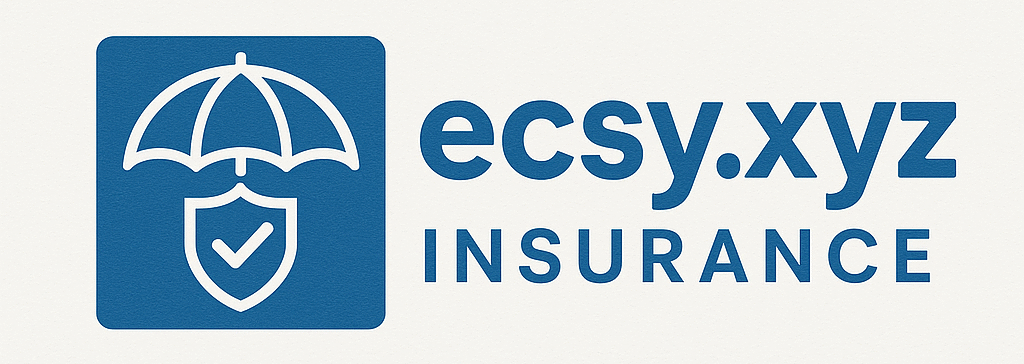Top 5 Investment Options Worldwide: 2025 is shaping up to be a pivotal year for personal finance, especially for beginners looking to start investing. With inflation, technological innovation, and global economic shifts, putting your money to work is more important than ever. Whether you’re a student, a working professional, or someone looking to grow your savings, now is the perfect time to dip your toes into the world of investing.

Why Beginners Should Start Investing Now
Investing early helps you benefit from compound interest, which means your earnings generate even more earnings over time. The sooner you start, the more time your money has to grow. Plus, with beginner-friendly tools and platforms available today, investing is no longer reserved for Wall Street experts.
Key reasons to start now:
-
Beat inflation
-
Build financial independence
-
Achieve life goals (buying a house, retirement, etc.)
-
Learn financial discipline
How to Choose the Right Investment Option
Choosing the right investment depends on:
| Factor | Why It Matters |
|---|---|
| Risk Tolerance | Determines how much market fluctuation you can handle |
| Time Horizon | Defines how long you’ll stay invested |
| Financial Goals | Helps align your strategy (e.g., retirement vs short-term gains) |
| Liquidity Needs | Determines how easily you can access your money |
Top 5 Investment Options for Beginners in 2025
1. Index Funds – The Best Long-Term Starter Option
Index funds are mutual or exchange-traded funds (ETFs) that track major stock market indexes like the S&P 500. They’re perfect for beginners due to their simplicity, diversification, and low fees.
Why they’re great:
-
Lower risk due to diversification
-
Minimal fees (as low as 0.03%)
-
Proven historical performance
Platforms to try: Vanguard, Fidelity, Schwab
2. High-Yield Savings Accounts – Low Risk, Moderate Return
A great starting point for absolute beginners. These accounts offer interest rates 10x higher than traditional savings accounts.
Benefits:
-
FDIC insured (safe)
-
No risk of market loss
-
Immediate liquidity
Top banks in 2025: Ally Bank, Marcus by Goldman Sachs, Capital One 360
3. Real Estate Investment Trusts (REITs) – Real Estate Without the Hassle
REITs let you invest in real estate without buying property. You get rental income and capital gains as returns.
Pros:
-
High dividend yields
-
Easy to buy and sell
-
Exposure to real estate markets
Popular REITs: Realty Income (O), Vanguard Real Estate ETF (VNQ)
4. Robo-Advisors – Automated, Personalized Investing
Robo-advisors like Betterment or Wealthfront use AI to build and manage portfolios for you.
Why choose them:
-
Low fees (0.25%-0.50%)
-
Hands-off investing
-
Automatic rebalancing and tax-loss harvesting
Perfect for beginners who want to invest without deep research.
5. Cryptocurrencies – High Risk, High Reward
Still volatile, but increasingly accepted. Platforms like Coinbase and Binance make it easy to start with as little as $10.
Top cryptos to consider in 2025:
-
Bitcoin (BTC)
-
Ethereum (ETH)
-
Solana (SOL)
Note: Only invest what you can afford to lose here.
Comparison Table of Top 5 Investment Options
| Investment Option | Risk Level | Return Potential | Liquidity | Best For |
|---|---|---|---|---|
| Index Funds | Medium | High (7-10%) | Medium | Long-term goals |
| High-Yield Savings | Very Low | Low (2-4%) | High | Emergency fund |
| REITs | Medium | Moderate (5-8%) | Medium | Passive income |
| Robo-Advisors | Low-Medium | Moderate | Medium | Hands-off investors |
| Cryptocurrencies | High | Very High | High | High-risk takers |
Common Mistakes Beginners Make When Investing
-
Chasing trends without research
-
Investing without a plan
-
Ignoring fees and taxes
-
Pulling out during market dips
-
Not diversifying
Avoiding these pitfalls is just as important as picking the right assets.
Risk Management Tips for New Investors
-
Diversify: Spread money across various asset classes
-
Set stop-losses: Especially in crypto or stocks
-
Use dollar-cost averaging: Invest fixed amounts over time
-
Have an emergency fund: Don’t invest what you might need soon
How to Start Investing With Just $100
You don’t need thousands to begin. Here’s how to allocate your first $100:
| Allocation | Option |
|---|---|
| $40 | Index Fund ETF |
| $20 | High-Yield Savings |
| $20 | Robo-Advisor account |
| $10 | REIT |
| $10 | Cryptocurrency |
Apps like Robinhood, SoFi, and Public allow fractional investing, making it super beginner-friendly.
FAQs About Beginner Investing in 2025
What’s the safest investment for a beginner?
High-yield savings accounts and index funds are considered the safest with decent returns.
Can I start investing without a financial advisor?
Yes! Platforms like Robo-advisors or DIY apps make investing simple and affordable.
How do I know which investment is right for me?
Assess your risk tolerance, financial goals, and time horizon before choosing.
Are cryptocurrencies safe for beginners?
They’re volatile. Only invest a small portion (5-10%) if you’re okay with risk.
What are the best investment platforms in 2025?
Vanguard, Fidelity, Robinhood, Wealthfront, and Coinbase are leading platforms this year.
How often should I review my investment portfolio?
Review quarterly or at least twice a year, and always after major life events.
Conclusion: Start Small, Think Big
Investing in 2025 offers more beginner-friendly opportunities than ever before. From safe savings options to high-growth crypto, the key is to start — even with a small amount. The earlier you begin, the greater your potential gains thanks to the power of compound growth.
Remember: Start small, stay consistent, and keep learning.

